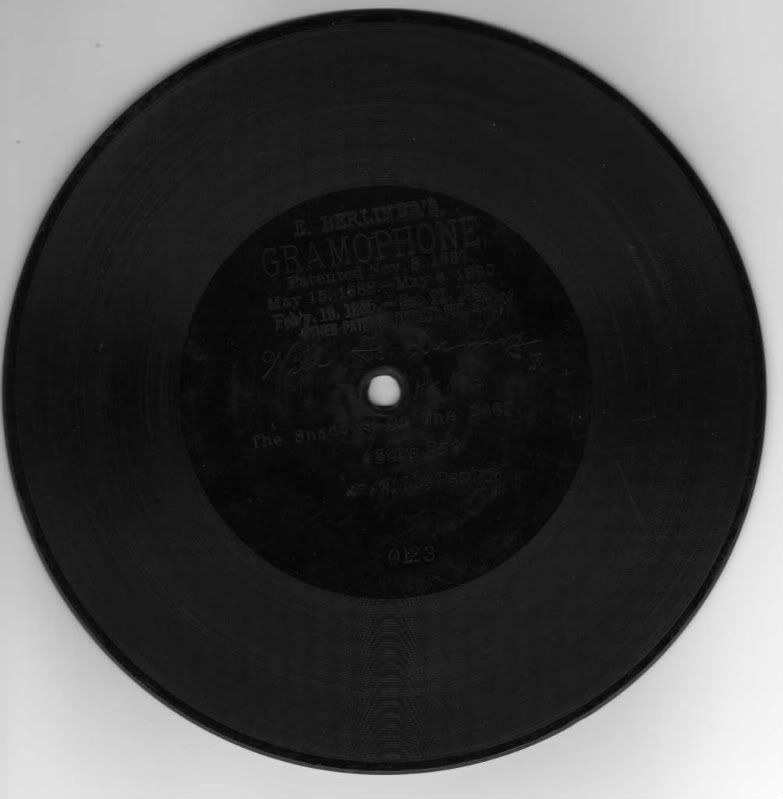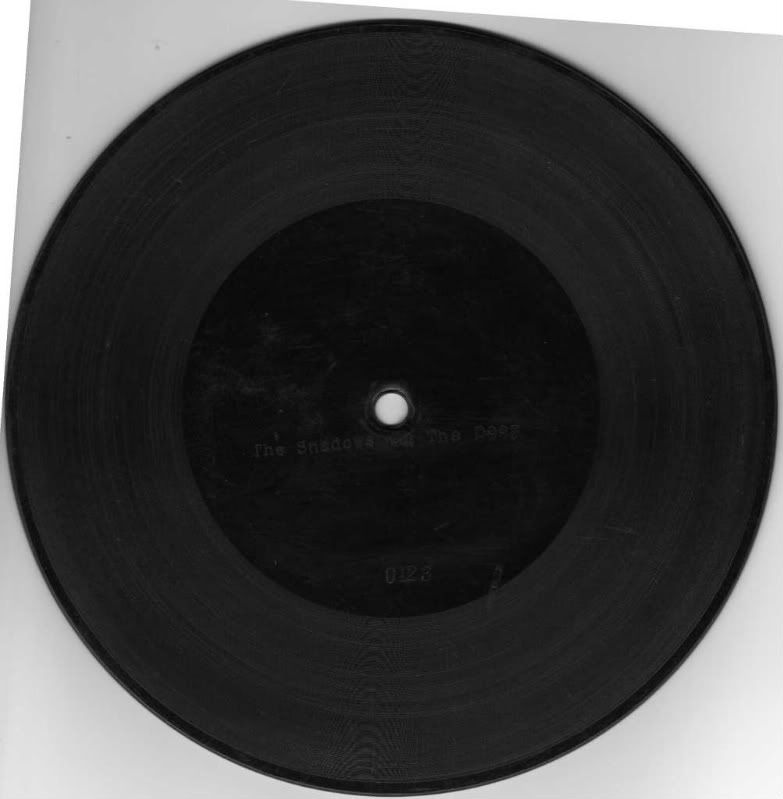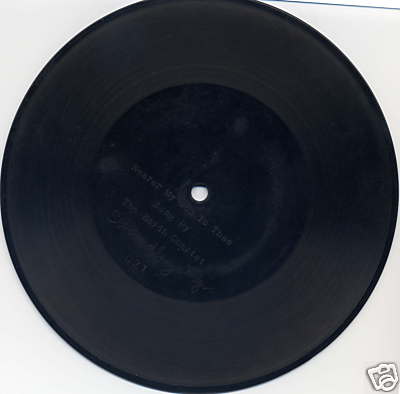MordEth wrote:I probably wouldn’t have expected this sort of disreputable behavior from a company, even back then.
At first blush, these actions might seem disreputable, until you examine Frank Seaman's contract with Berliner. Seaman paid for all recording costs, plus the cost of the finished records. He might well have considered himself to be the legal owner of those Berliner records, and it would have been interesting to read the outcome of such a court proceeding.
Now, the Berliner management hadn't been playing ball with Seaman for several years. They steadfastly refused to allow Seaman to arrange for manufacture of a less expensive Gramophone of equal or better quality to what Johnson was providing. This was allowed in Section 8 of Seaman's contract with Berliner, so Seaman may well have considered himself a victim of Breach of Contract. Then, after the Berliner management became aware of the activities of the Universal Talking Machine Company (manufacturer of the Zonophone) and the National Gramophone Corporation (the distributor of the Zonophone), they halted shipments of Gramophones and records to Seaman. Since Seaman's contract with Berliner had been a personal one (Berliner never recognized the National Gramophone Co/Corp), halting shipments to Seaman based upon the activities of these other companies was legally open to question (even though Seaman sat on the boards of both concerns). Seaman may well have considered this to be another instance of Breach of Contract.
In any event, Seaman had been promoting two machines - the Gramophone and the Zonophone - when the Berliner management picked up its marbles and went home. Seaman was cut off from supplies of records - - records for which he had paid recording and production costs. What would YOU have done? I'm surprised it took two years for the shellac to hit the fan.
By removing Berliner's name and enumerated patents, Seaman would not be misusing someone else's intellectual property. And making copies of existing pressings had not been covered in Berliner's recording patent. Seaman probably felt that he was on solid legal ground, and subsequent litigation certainly supports this contention.
Now on to the records: The eBay example seems to be legitimate, if the single poor picture can be relied upon. The presence of a Zonophone depression in the reverse would be a decisive point. I've never seen one of these "pirated" Berliner records without this depression.
Here's a typical Berliner Record of the 1899 period:

And here's the same record copied in a superior material (probably pressed by the Geo. Burt Company) with all Berliner identification removed.

I love this stuff, and back in 2006 wrote an article on this topic in the CAPS
Sound Box. The article can be read in its entirety at the CAPS website:
www.ca-phono.org. Just click on the "Soundbox" icon at the left, and a pdf version of the entire issue can be downloaded. While you're there, consider subscribing!

Best to all,
George P.


